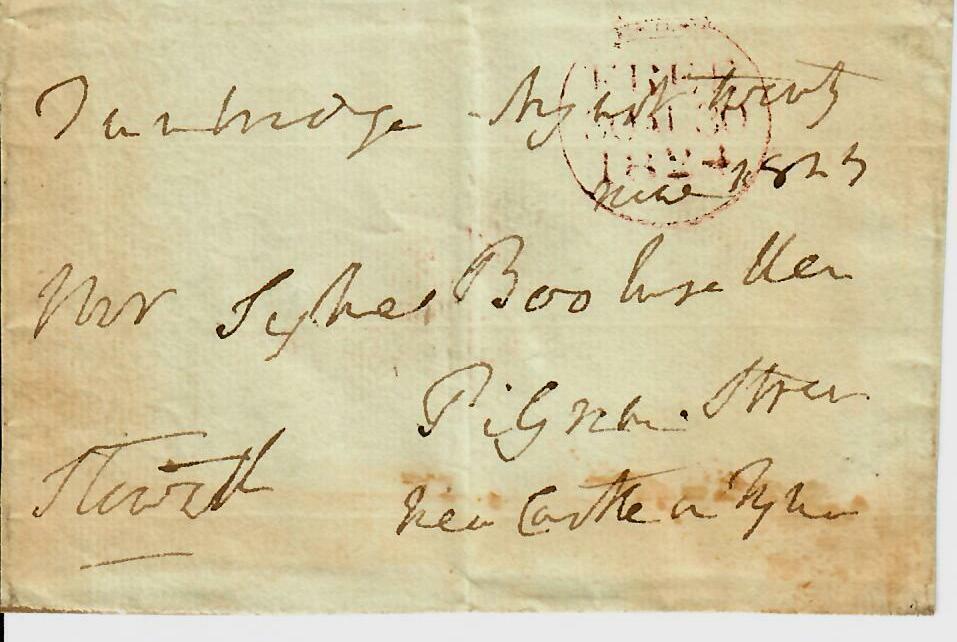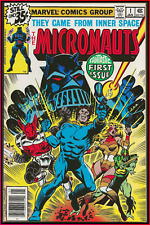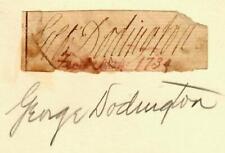When you click on links to various merchants on this site and make a purchase, this can result in this site earning a commission. Affiliate programs and affiliations include, but are not limited to, the eBay Partner Network.
Up for sale a RARE! "1st Baron Stowell" William Scott Hand Written Free Frank Dated 1823.
ES-8635
William Scott, 1st Baron Stowell (17
October 1745 – 28 January 1836) was an English judge and jurist. He served as Judge of the
High Court of Admiralty from 1798 to 1828. Scott was born
at Heworth, a village about
four miles from Newcastle upon Tyne, the
son of a tradesman engaged in the transport of coal. His younger brother John Scott became Lord Chancellor and was made Earl of Eldon. He was educated at Newcastle Royal Grammar
School and Corpus Christi College,
Oxford, where he gained a Durham scholarship in 1761. In 1764 he
graduated and became first a probationary fellow and then as successor to
William (afterwards the well known Sir William)
Jones a tutor of University College.
As Camden
reader of ancient history he rivalled the reputation of Blackstone. Although he
had joined the Middle Temple in
1762, it was not till 1776 that Scott devoted himself to a systematic study
of law.
Scott graduated as doctor of civil law, and,
after a customary year of silence commenced practice in the ecclesiastical courts. His
professional success was rapid. In 1783 he became registrar of the court of
faculties, and in 1788 judge of the consistory court and advocate-general, in
that year too receiving the honour of knighthood; and in 1798 he was made judge of the high court of admiralty. In this capacity he heard on appeal
two important cases having to do with the abolition of the slave trade. On 22
May 1809 HMS Crocodile took Donna Marianna on
the Cape Coast for breach of the Act for the abolition of the slave
trade. The Vice admiralty court at
Sierra Leone condemned the vessel. Although Donna Marianna was
ostensibly a Portuguese vessel, Scott upheld the seizure on the grounds that
she was actually a British vessel and her Portuguese papers were a fraud.
The
second case involved the French ship Le Lois after it had been
seized by the West Africa Squadron for
slave trading off the African coast at Cape Mesurado. HMS Queen Charlotte had
originally vindicated the seizure and confiscation of the ship and cargo.
However Scott overturned this judgement, saying that the way Le Lois had
been stopped and boarded was illegal as "No nation can exercise a right of
visitation and search on the common and unappropriated parts of the sea, save
only on the belligerent claim." He accepted that this would constitute a
serious impediment to the suppression of the slave trade, but argued that this
should be remedied through international treaties rather than Naval officers
exceeding what they were permitted to do.
He
twice contested Oxford
University in 1780 without success, but successfully in 1801.
He also sat for Downton in
1790. He was elected a Fellow of the Royal
Society in 1793.
Upon
the coronation of George IV in
1821 he was raised to the peerage as Baron Stowell, of Stowell Park in the County of Gloucester. taking his title from the name of
his estate. After a life of judicial service Lord Stowell retired from the
bench – from the consistory court in August 1821, and from the high court of
admiralty in December 1827. Lord Stowell married twice. His first marriage, in
1781, was to Anna Maria, eldest daughter and heiress of John Bagnall of Erleigh Court, near Reading, in Berkshire, where the two later resided. They had four
children, one of whom, a daughter, survived him. He married again, in 1813, the
dowager Marchioness of Sligo, née
Louisa Catharine Howe, younger daughter of the first and last Earl
Howe of the 1788 creation, widow of John Browne, 1st Marquess
of Sligo.
He
died on 28 January 1836 at Erleigh Court, aged 90, and the barony became
extinct.







